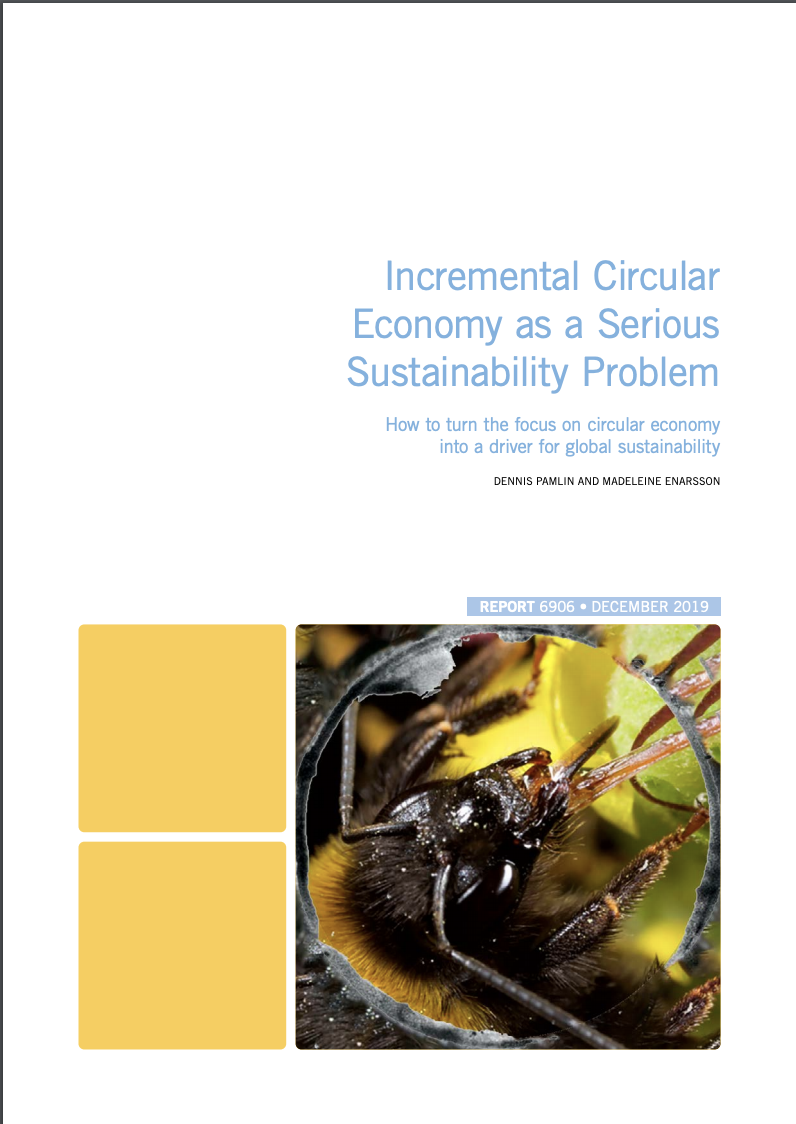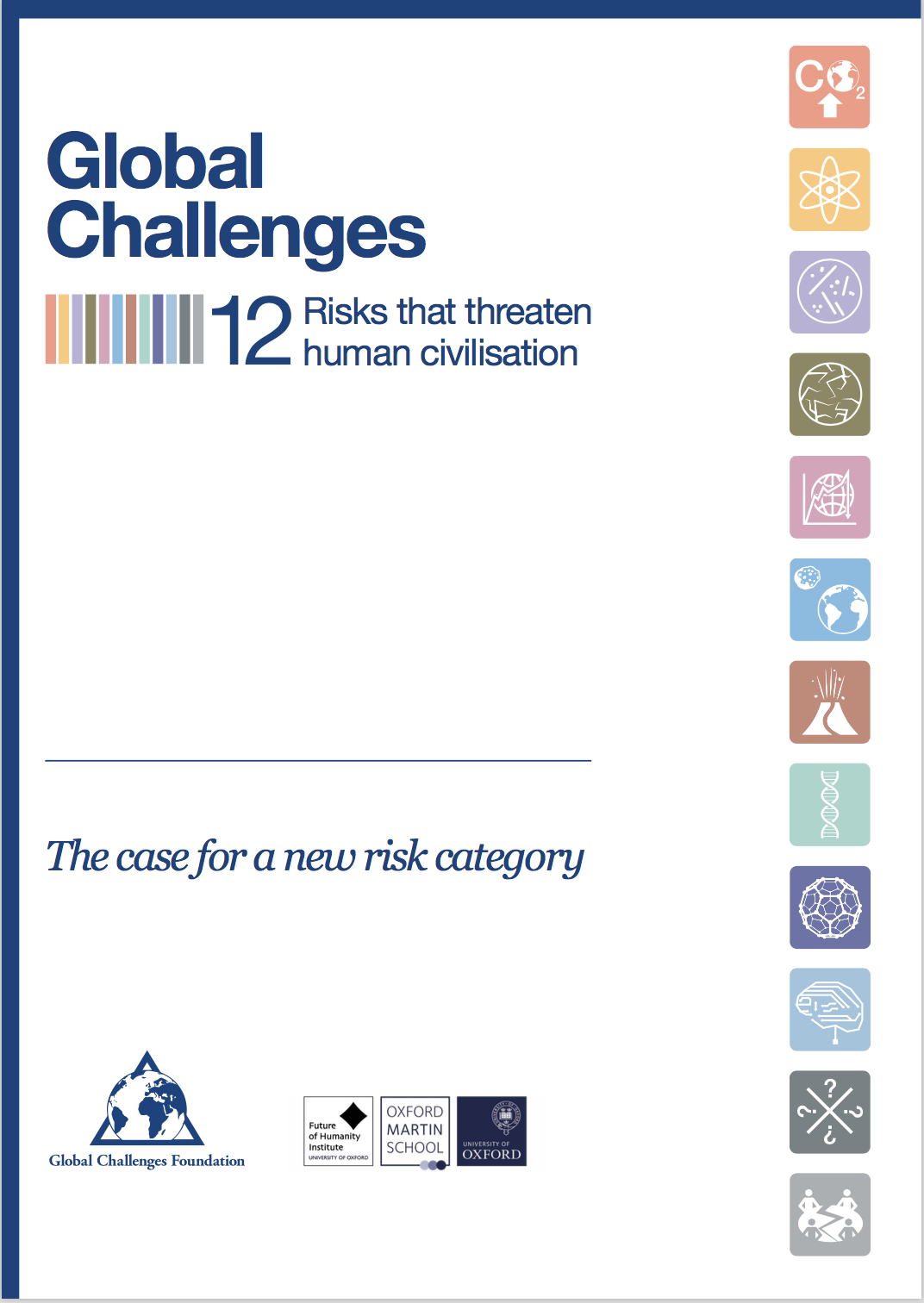Roadmap for a fossil-free Sweden (World): By the Digitalisation Consultancy Industry
/Role: Lead-Author and project leader
Summary
More than 30 leading firms in the digitalisation consultancy industry have joined forces behind this roadmap and we are united in our ambition to help society recognise and tap the potential of digitalisation for a fossil-free future. We believe it is critical that the digitalisation that is providing some of the most powerful tools humankind has ever created is given a framework for contributing to a smart and sustainable future.
The contents of the roadmap were developed in parallel with and largely based on the strategic long-term vision for a climate-neutral Europe presented by the European Commission on 28 November 20181 and the IPCC Special Report on Global Warming of 1.5 C that describes
pathways to achieving the 1.5 C target by implementing new and smarter solutions (products and services) that lead to steep reductions in energy and resource consumption.
Digital solutions can help reduce emissions in three ways. First, existing systems can be optimised. Second, the uptake of sustainable solutions can be accelerated. Third, transformative changes can be achieved.
A transformative change that results in radical and rapid reductions of GHG emissions occurs when the impacts of digitalisation at various levels work together, i.e., when novel technical solutions, business models, economic incentives, new legislation, social planning, new financing models and methods for assessment and creating transparency, etc., are brought together.
One serious challenge is that the less significant contributions of digitalisation (optimisation of individual products) are relatively easy to explain, measure and support politically, while the greater, transformative and systemic changes are often more difficult to explain, measure and support politically.
The transformative and systemic changes demand numerous interacting measures that often require collaboration among government ministries, public agencies and sectors in a way that seldom occurs today. Consequently, focus is apt to end up on the minor contributions of digitalisation, with risk that the major contributions will be ignored.































